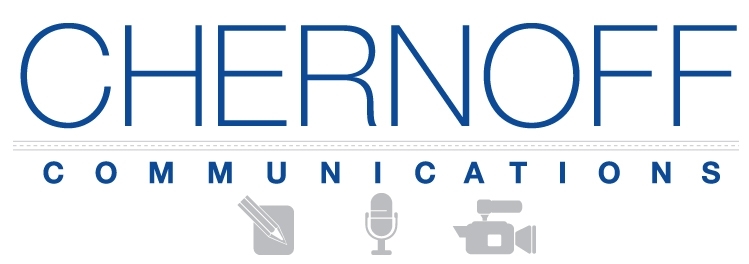One of the nation’s most respected chief executive officers, leader of one of the nation’s biggest corporations, has been media trained frequently, and so has the company’s chief financial officer. In fact, the CFO receives training every quarter to prepare for interviews pegged to quarterly earnings. I know because I’ve coached both the CEO and CFO.
Never mind that they regularly receive great press, that reporters love them, and that they are both extremely bright and articulate. Like hundreds of C-Suite executives, they understand the importance of being on top of your game when meeting the media. They know it takes practice.
Broadway actors wouldn’t perform before an audience without rehearsal. Major league pitchers wouldn’t start a big game without warming up. The same holds true for media encounters. Preparation is essential.
Beyond the basics of understanding how to handle the press, it is essential prior to any interview to pinpoint and internalize your core messages. A good media trainer will help leaders and their teams distill and refine those messages and craft them into soundbite gems. It is also critical to be prepared for any difficult questions that may arise. A media trainer will pose those tough questions, then guide executives in determining how to best respond—rather than ignoring them—and teach how to bridge back to a key message.
Once the strategy is set, the executive must put the messages into action. This is not a matter of memorizing lines and spitting them out like an automaton. That’s a recipe for media disaster. Corporate messages and their delivery must be genuine and heartfelt. Practice interviews, recorded, then immediately reviewed with constructive feedback from an experienced coach enable executives to rapidly elevate their media interview skills.
Media training sessions that cover these essentials not only build confidence and poise but are also the foundation of successful dealings with journalists. It’s the route to maximizing the huge potential benefits of media interviews.
